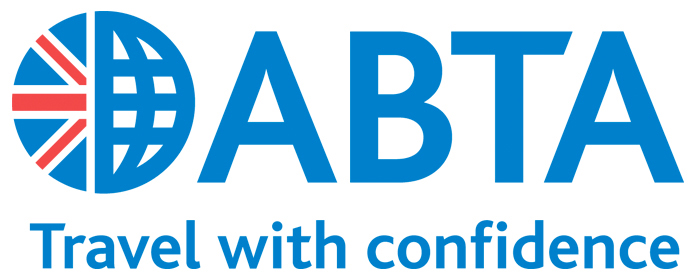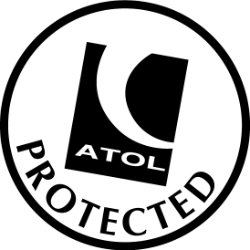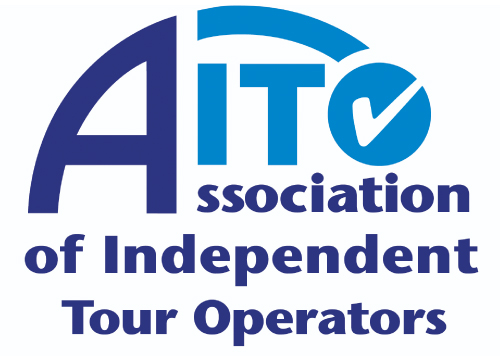Entering Chile
To enter Chile, you have to present your identification documents, like your ID card or passport. And, depending on your country of origin, a stamped visa.
Citizens from South America, the European Union, the USA, Canada and Australia do not need tourist visas. However, some countries must pay a tax in cash (reciprocity tax) upon arriving at the airport in Chile.
Also, remember that if you’re bringing animal or vegetable products, upon entering you must declare them to the Agriculture and Livestock Service (Servicio Agricola y Ganadero – SAG); in this way, you’ll be contributing to protecting the varied flora and fauna of the country.
Currency
Since 1975, the Chilean currency has been the Peso, with coins equal to 1, 5, 10, 50, 100 and 500 pesos and bills of 1,000, 2,000, 5,000, 10,000 and 20,000 pesos.
In the many cities of the country it is relatively easy to find ATMs that provide local currency. At the same time, most of the established stores allow paying with international bank cards.
Although some shops in Chile accept Dollars and Euros, it’s better to get Chilean Pesos always in official currency exchange offices as the exchange rate will be better.
Climate
In Chile there are places that have not seen a drop of rain in decades, while there are others where the rain brings out the green in the millenial forests.
This diversity captivates and surprises its visitors. Because, as a consequence of its geography, Chile has all the climates of the planet and the four seasons are well differentiated. The warmest season is between October and April and the coldest, from May to September.
The temperature drops down as you travel south. In the north, the heat of the day remains during the day while the nights are quite cold. The central area has more of a Mediterranean climate and the south has lower temperatures and recurring rainfall throughout the year.
Safety advice
If you come to Chile, here are some tips that will help you have a safe and pleasant experience:
- When visiting the country, and just like in every other major city in the world you must look after your bags and suitcases to avoid theft and have a safe experience in Chile.
- Carry copies of all your important documents including your passport.
- Avoid walking alone at night on the outskirts of towns.
- Don’t carry flashy valuables while walking on the street.
- Always carry a map with you and the address of the place you’re staying at.
- If you travel to places away from cities, carry a first-aid kit with you and the names of the medication you may need, in Spanish.
National Holidays
When you organize your trip to Chile you must keep in mind the holidays or days dedicated to important celebrations.
A large part of the Chilean population uses the holidays to travel between the regions of the country. The most popular are Easter, Christmas, New Year´s and the Independence celebrations on September 18th and 19th when we commemorate the independence of the country.
Because of this, it’s important to plan your plane or bus trips ahead of time as well as the booking of your accommodation as these dates present an increased demand for these services. Also, bear in mind that during the obligatory holidays most shops and stores are closed.
Tourist Information Offices
All around Chile you’ll find offices dedicated to providing information and helping people visiting the country.
Most Tourist Information Offices are open Monday through Friday from 9:00 am to 1:00 pm and Saturdays from 10:00 am to 2:00 pm. Come by one of these offices to request tourism information to help you out during your stay and improve your experience.
Find the closest tourist information office to your destination and its specific business hours at www.sernatur.cl





